Sreshta and Stork originally created LuminAID in Chicago and sold it in modest quantities themselves before their success on Shark Tank. Although LuminAID did not experience mainstream success during its first years of existence, it still managed to affect people across the world.
During humanitarian crises in Haiti and areas of Africa, LuminAID lanterns were used by nongovernmental organizations and displaced people. Then, when disaster struck Nepal in 2015, over 2000 lanterns were used by affected people.
LuminAID is currently used by Doctors Without Borders and other international nonprofit organizations. In addition to helping with disaster response efforts, LuminAID products are also very useful for backpackers and people who need to travel with very light loads. LuminAID lanterns can deflate into a small disk, so they are easy to store and transport.
Bringing Attention to Energy Consumption Problems
LuminAID products are becoming fashionable among a large group of consumers across the globe. That gives Sreshta and Stork the opportunity to inform the world about the benefits of using renewable energy. As LuminAID has demonstrated, solar energy can be simple, clean, and affordable. In the past, many people believed that renewable energy would be expensive and difficult to implement. While this product shows the small-scale applications of solar energy, LuminAID can also show people that the future can be powered by the sun.
In fact, current models predict that renewable energy will gradually replace fossil fuels. According to Ohio Gas, renewable energy sources are expected to account for nearly 25 percent of global energy production by 2018. Environmentally friendly products like the LuminAID lantern may be able to accelerate this transition to clean energy to deal with problems like pollution from the textiles industry.
Using Capitalism for Good
It is a common argument that capitalism is destroying the environment. This is true from some perspectives, but LuminAID has demonstrated that the entrepreneurial efforts of ethical women can rebuild humanity’s relationship with energy needs and the world that we live in. In addition to using clean energy and low-impact production methods, LuminAID has also demonstrated that it can help people anywhere on the globe. Over the past few months, LuminAID lanterns have been used to support Syrian refugees who do not have electricity. If similar companies follow LuminAID’s lead and use their capabilities to protect the world, the Earth will be a safer place for many years to come. This is a simple and effective solution that offers benefits for everyone involved.
Solar-powered lanterns and ethical business practices are just a couple of the many benefits that women can bring to the market. If more women use their talents for entrepreneurship and innovation, more great products and ideas will be created. LuminAID is just the tip of the iceberg – the true potential of women in clean energy tech has yet to be unleashed.
How will you unleash your potential?




